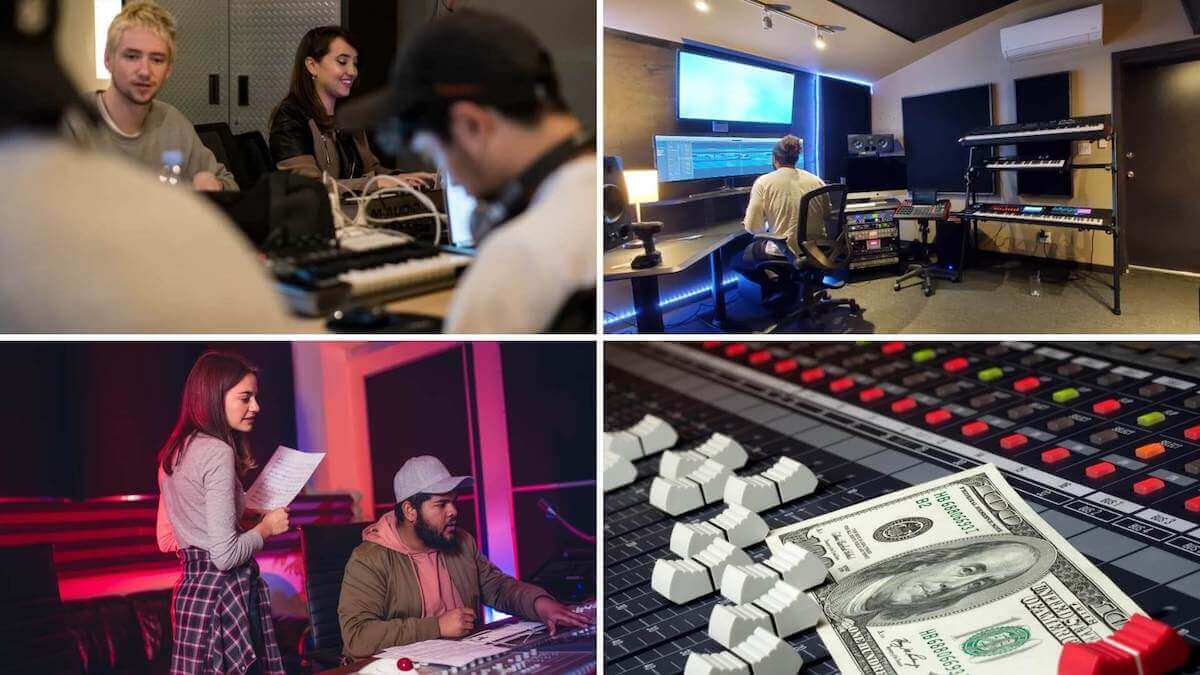Mastering Music Licensing: Best Practices For Artists

Navigating the world of music licensing can be daunting for artists and music professionals. Understanding music licensing best practices is essential for protecting rights and maximizing revenue. This guide will help you grasp the fundamentals of music licensing agreements and offer strategies to avoid common pitfalls.

Introduction to Music Licensing
Music licensing refers to the legal permission to use a piece of music in a specific way. This process is crucial in the music industry, as it governs how music is distributed, performed, and monetized. For artists and music professionals, understanding licensing is vital. It ensures that creators receive fair compensation and retain control over their work.

Understanding Music Licensing Agreements
What is Music Licensing?
Music licensing allows artists to grant permission for their music to be used by others, such as filmmakers, advertisers, or streaming services. This legal framework ensures that artists are compensated for their work while allowing others to access and use their music.
Types of Music Licenses
There are various types of music licenses, each serving a different purpose:
- Performance License: Required for public performances, such as concerts or radio broadcasts.
- Synchronization License: Needed when music is paired with visual media, like films or commercials.
- Mechanical License: Covers the reproduction of music on physical formats, like CDs or vinyl.
Understanding these licenses can help artists navigate their rights effectively.
Key Components of Licensing Agreements
When entering a licensing agreement, several critical elements must be included:
- Scope of Use: Clearly define how the music can be used.
- Duration: Specify the length of time the license is valid.
- Compensation: Detail the payment structure, including upfront fees and royalties.
- Territory: Indicate where the music can be used geographically.
Including these elements protects both parties and ensures a smooth transaction.

Best Practices for Music Licensing
Negotiating Licensing Terms
Effective negotiation is essential in music licensing. Here are some strategies:
- Do Your Research: Understand industry standards and typical rates for similar projects.
- Know Your Value: Be confident in your worth as an artist to negotiate fair terms.
- Be Flexible: Be prepared to adapt your terms to reach a mutually beneficial agreement.
Importance of Music Licensing for Artists
Music licensing significantly impacts artists' revenue and rights. For instance, a successful licensing deal can lead to substantial royalty payments. According to ASCAP, artists can earn significant income from their songs being used in commercials or films. This financial support can help artists continue creating music and growing their careers.
How to Avoid Licensing Pitfalls
Common mistakes in music licensing can lead to costly consequences. Here are ways to avoid them:
- Neglecting to Read Agreements: Always read and understand licensing agreements before signing.
- Failing to Register Music: Register your music with organizations like BMI or ASCAP to protect your rights.
- Ignoring Royalties: Keep track of royalty payments to ensure you receive what you are owed.
Resources for Music Licensing
To further your understanding of music licensing, consider exploring these authoritative resources:
These organizations provide valuable information and tools for artists navigating the licensing landscape.

Common Mistakes in Music Licensing
Artists and producers often make errors in the licensing process. Some frequent mistakes include:
- Assuming All Licenses are the Same: Each license type has different requirements and implications.
- Overlooking Performance Rights: Not considering performance rights can lead to missed revenue opportunities.
- Inadequate Documentation: Failing to keep records of licensing agreements can create confusion later.
By being aware of these pitfalls, artists can better protect their rights and interests.
Conclusion
Understanding and implementing music licensing best practices is crucial for artists aiming to thrive in the music industry. From negotiating terms to avoiding common mistakes, these strategies can help protect your rights and maximize your revenue. Take proactive steps in your licensing journey, and ensure your music is not only heard but also respected and rewarded. Start exploring these best practices today!